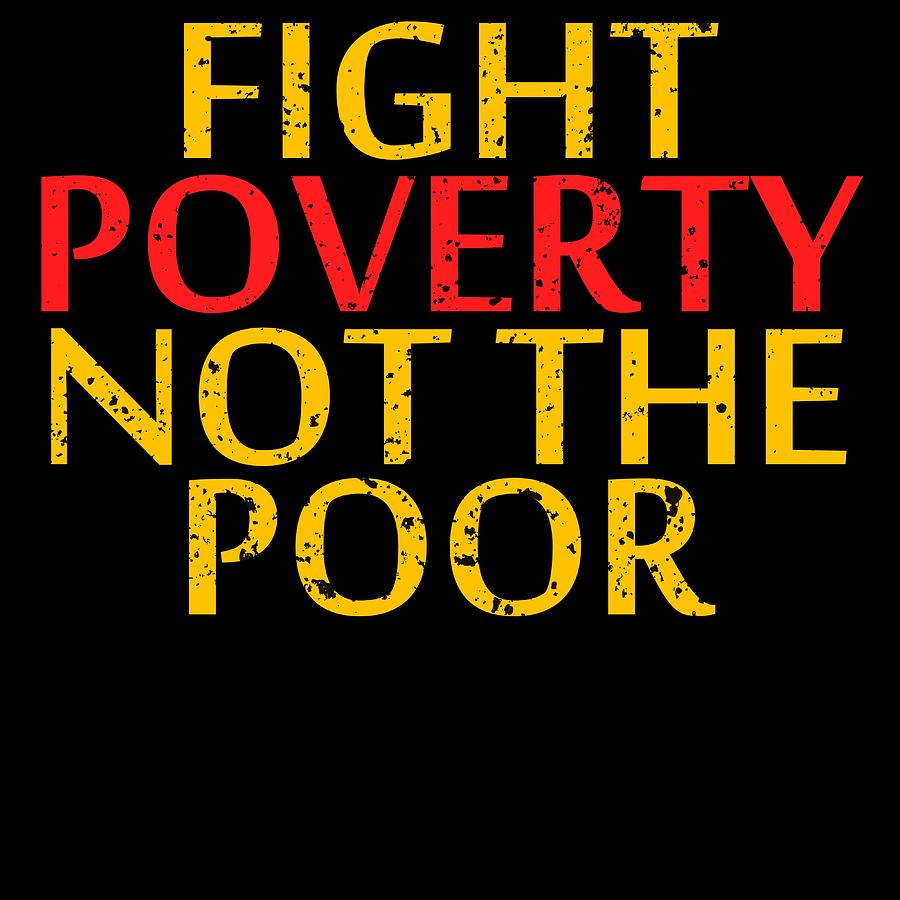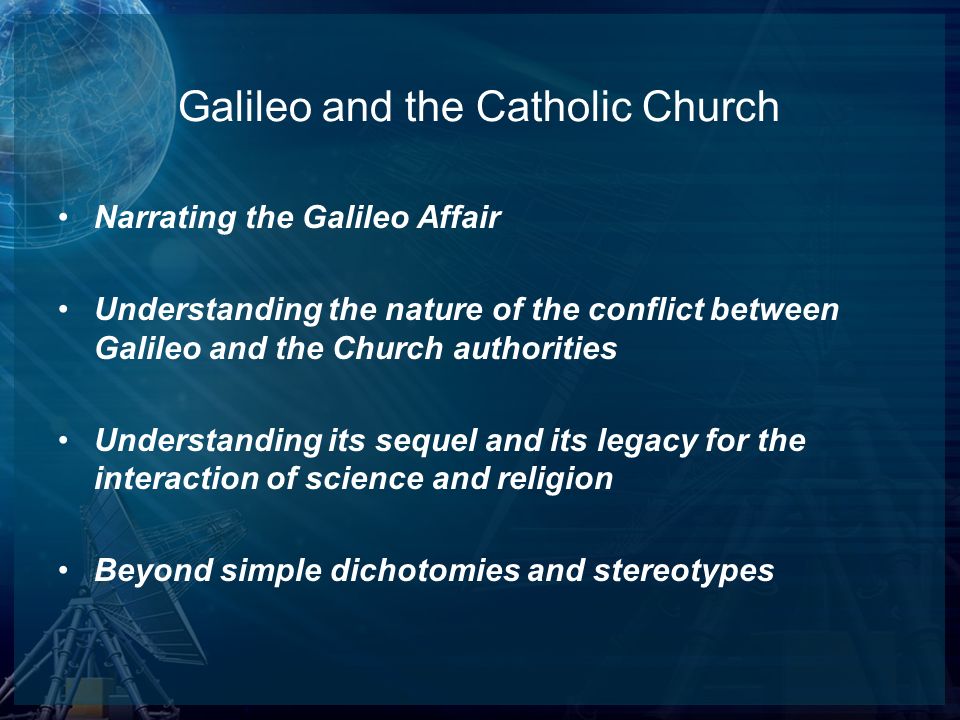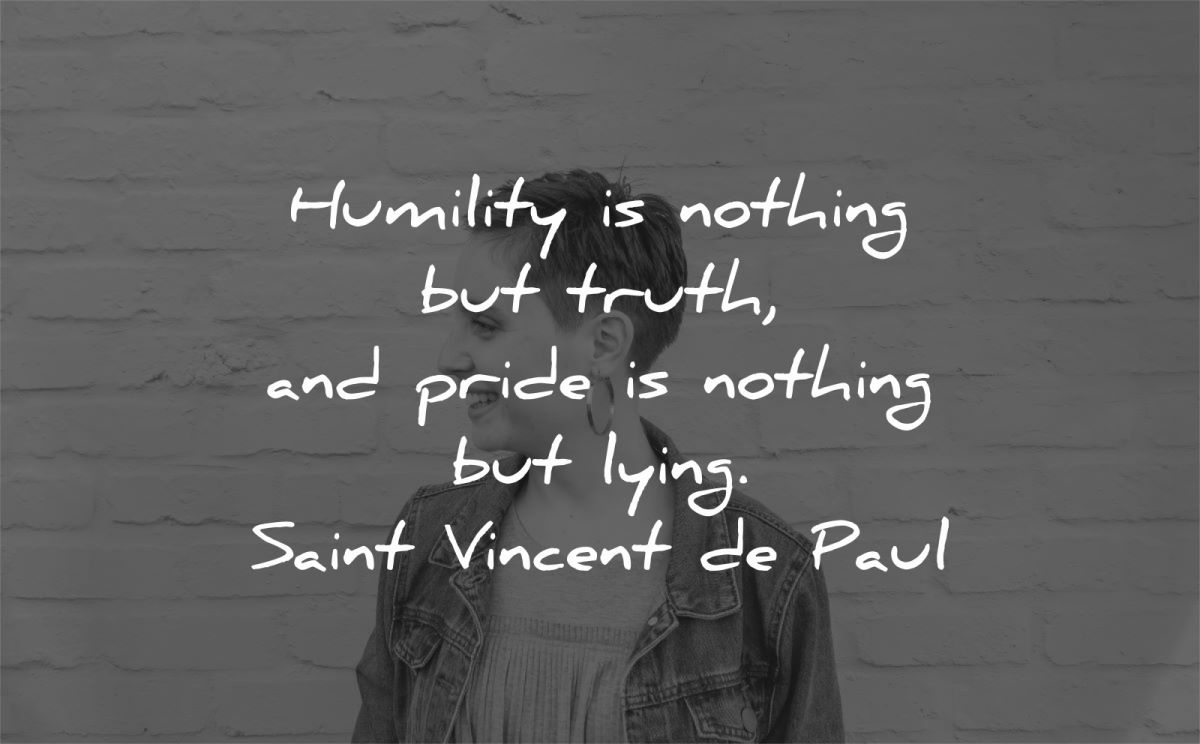Tuesday, December 1, 2020
Fight Poverty Not The Poor
Our parents were poor consequently the relative deprivation may have been less than now, but it was unbearable for even the children suffered from that poverty. The new generation worked without a break. They didn't pay attention to what they ate and what they wore, they wanted to end poverty. They pushed their children in their schooling for they knew it was necessary to get out of poverty. And thanks to that, Koreans now live in abundance.
No one will deliberately choose this kind of poverty. Many hope to get rich. But reality doesn't make that dream come true easily. Despair in the face of social contradictions makes escape from the fetters of poverty, despite the efforts expended, almost impossible.
Will many young people give up, saying: "I am a loser in this life." Many people who are not lazy have fallen into the 'swamps' of poverty because of structural contradictions and limitations. Society needs to decrease the numbers of these by providing better and more opportunities.
However, reality goes in the opposite direction. Rather than creating jobs, they take away the jobs of those who cling desperately to what they have. Rather than giving opportunities to the poor, a society that does not reproach those who live with greed at the expense of the poor and take from their already thin wallets is a very sick society.
A proper society should fight 'poverty', not the 'poor'. Millions of people wrongly think of themselves as middle class and talking about fighting to get rid of poverty brings a frown to their face as if they are being pushed them into socialism.
In the US presidential election President Trump in a mean and lowly campaign said that if the other party came to power, we would have socialism. There was a fear of leveling all down to poverty. It goes without saying that this is the same thinking in the Republic of Korea.
The Gospel is not simply comforting the poor and weak and encouraging them to work harder to become rich. Even if they are poor and live a difficult life they do not give up their character and values, do not hate one another, but give each other courage, and resolve to work to overcome the social contradictions and conflicts.
It is not a blessing to eat well and live well by myself. This kind of faith is cheap and shallow. But to my shame is the faith that rests only on good luck and material blessings given to me and to turn away from the social structural contradictions that lead to poverty.
Faith is not just an ideological ideal, memorizing Scriptures, going to Mass, and saying empty prayers. We are to practice our faith and the Gospel is the way. We are to fight to defeat poverty. That is the duty of faith and the calling of the church. We must criticize a society that creates structural poverty. It is Satan who does not fight poverty but fights the poor. It's not what we should be doing.
Sunday, November 29, 2020
The Mountain Is Not There Only For Me
A lawyer writing in the Catholic Times in the Eyes of the Believer column recalls what he has learned about himself over the years.
Every time he went mountain climbing in late autumn he would see the dust rise from the earth. The leaves looked like they were colored, all dried up and shriveled. Still, because of the pandemic, people were frustrated with the lack of activities and now appeared on mountain trails bothering him. The path up and down the mountain was crowded. He didn't like what he saw.
However, this mountain does not exist for him to enjoy solitude alone. His selfishness was revealed.
Looking back, he remembered something similar when he went to morning Mass every day a long time ago. He went to church when it was 10 degrees below zero in the dark, and one morning a person was sitting where he always sat. Even at the very moment he gave up his selfishness and begged to love someone else as much as he loved himself, but when he sat down he was upset at the person who had taken his seat. Didn't St. Paul say, "I do the things I don't want to do?"
"He makes His sun rise on the wicked and on the good, and on the righteous and unrighteous." Jesus taught this in the Sermon on the Mount that begins with "How happy are the poor of spirit." The wicked, the good, the righteous, the unrighteous, all are children of God. So we are all brothers.
Huayan school of Chinese Buddhism contains similar teachings. (理), the reason for all things means the God of Christianity. And the objects of all things in this world are all related. It makes us aware of the intricate and fragile interconnections that exist among the phenomena in our world.
Modern science has the same explanation. 13.7 billion years ago, a big bang occurred in 'absolute nothingness', elements were formed, and the elements came together to form stars. And since the Earth was formed around 4.6 billion years ago, one of the first organic cells appeared and evolved over 3.5 billion years ago.
Those leaves are my brothers, those pitiful street cats that go through the winter mountains in search of food are my brothers, and those people who are in the way are my brothers. At this time, the word 'brother' is not just a metaphor, we are related we actually share blood or even a gene.
As long as we separate from the oneness of all and live as individuals in this world, we will have difficulty living with other entities. Still, since these individuals are all related, share the same blood, we all come from the same God, we are simply working hard to treat others as brothers while living in this world trying to overcome our feelings.
It is a very difficult fight to deal with. That's right. It's not like the mountain wants me to enjoy it alone and the seat in the church is there alone for me to become holy. This is a good thought to have on the beginning of a new liturgical year. Happy New Year!
Friday, November 27, 2020
Reliable News, Received as Reliable
According to the "Digital News Report 2020," the reliability of Korea's news was the lowest among the 40 countries that participated in the survey. Only 21% of the 2304 Koreans who participated responded that "I can trust most news most of the time". This is a 1% drop from last year. It is noteworthy that compared to the low credibility of news, the percentage of respondents who answered "I prefer news from my perspective" (44%) is significantly higher than the average of other countries (28%).
News trusted by the public must be accurate, objective, fair, and balanced. We are not sure that "news with my perspective" is necessarily reliable. This is because subjective requirements, such as personal beliefs, attitudes, and opinions, must be reflected regardless of the quality of the news.
The problem with low credibility in news is seen as the false and manipulation of information. 'YouTube' was seen as the most likely platform to contain false or misleading information and yet YouTube continues to increase.
Trust is the basic foundation for the smooth operation of society as well as the development of relationships between individuals. Trust in the news and public opinion are essentially related. The low credibility of the news causes difficulties in providing information for the public and fulfilling their role as watchdogs.
To restore the credibility of the news and the media, self-reflection, and self-correction must take precedence over everything else. Reporting based on the interests of the media, such as specific political factions or commercial interests needs to be avoided, faithful to the verified facts treated from multiple perspectives.
We need to be concerned with the role of the media, but equally concerned with our usage of the media. News users need to pay attention to the "hostile media effect", this occurs when supporters or opponents of an issue perceive identical, balanced news coverage of that issue to be biased unfavorable to them.
User biased information processing occurs in accessing and interpreting news when public opinion is clearly divided, and also in people who have a strong tendency to use factional news.
The tendency to perceive that media coverage is biased in a direction favorable to individuals or groups with a liberal tendency is called a liberal bias, and the tendency tilted in the direction of supporting conservative opinions is a conservative bias. This biased use of information is more likely to appear more frequently in those who tend to use their political orientation as an important criterion for determining social reality than those who do not.
Citizens need to look beyond the preference for a specific political party or politician but see rather the present reality, values, and world view. The polarized use of news and credibility of the news is a social issue that limits political tolerance, the core value of democracy. The news must be trustworthy and the citizens must be able to discern the truth, this is why both the media, the news, and citizen have to have this as their goal.
Wednesday, November 25, 2020
Need to Live in the Present
Each year at this time we come to the end of the liturgical year. We have been changed in some way for better or worse. Hopefully, as Christians, it has been for the better. God is always loving, giving his graces and his Spirit wants to abide with us but we often have not made him welcomed.
This coming Sunday is the beginning of Advent and the new liturgical year. In Korea, the last week of the liturgical year is Bible Week and a time to prepare ourselves for the New Year. This month we pray for the dead and bring to mind our own death and how to prepare for the inevitable end of earthly life—the meeting of Our Lord.
A priest working as a pastoral minister for the sick in a diocese writes in a parish bulletin on what he has learned over the years about death and how it is met by the many patients he has ministered to. The writer has been at the bedsides of those dying and has given the subject a great deal of thought.
When the pronouncement of cancer or some other terminal disease is made, some deny and refuse to accept what they hear for they considered death to be far away. In some of the cases with medical help, the patients return to health but others have to deal with the approach of death. Some get angry and depressed while others accept the situation in which they are in.
When the sick person gets the word that death is near many emotions arise and many of the sick are overcome by the turbulence. The person looks back on their life, sorry for the things they did or did not do. They are taken up with the past to such an extent that they forget the present that they are now experiencing.
He asks the readers: Have you thought about death? Death is near, we are rehearsing for death every time we go to bed. Death is close.
We need to prepare. The best preparation is to live each day fully and faithfully. This will enable us to meet death with internal peace even though the pain and anguish may still be there.
Monday, November 23, 2020
Dreaming of Peace Between North and South Korea
The 4th International Conference on Catholic Northeast Asia Peace Research Institute on the theme of 'Unfinished War' was written up in the Catholic Weekly. Below is a summary of the article.
Real peace, possible through forgiveness and reconciliation—need to understand North Korean culture and history. The role of the church: peace education emphasizing fraternal love for North Koreans.
At the Conference hosted by one of the Dioceses, participants had a comprehensive discussion on the theme: "The Church's Role in Building a Peace System on the Korean Peninsula."
The Korean War remains an unfinished war, 70 years after the outbreak, and the two Koreas are currently the only divided country in the world. There was an in-depth discussion of the causes, measures to overcome the present situation, and the role of the church.
Efforts for conversion and forgiveness: At this point on the 70th anniversary of the outbreak of the Korean War, Christians are left with prayer and conversion.
In his keynote speech, the Bishop of the diocese explained the wounds that the Korean War brought to Korean society and the church and emphasized that conversion and forgiveness are the paths necessary for healing.
The first thing we must face is the reality of pain. It means that we must know the nature of war, the reality of evil. The hostility between the North and South still plagues us. Personal and collective experiences such as death and plunder during the war were passed down even to the descendants who did not experience the war directly. Subsequently, the church also confessed that it had experienced severe persecution due to the war and was not free from the antagonism caused by its wounds.
The internalization of hostility is the biggest damage suffered by the church in its mission of reconciliation and peace. He emphasized that forgiveness is the door to reconciliation and the way to peace, but it is a very difficult task. Therefore, he suggested that it is the church's role to lead by being an example of forgiving. The church teaches that true peace is possible by forgiveness and reconciliation.
The first meeting was followed by a reflection on the anti-communism of the church and suggestions for peace on the Korean Peninsula. Another participant mentioned the anti-communist attitude before and after the Korean War. The concept that the "communists are persecutors" was fixed in the church before and after the Korean War, and the anti-communist character of the church was maintained until the 1980s. We must be able to have productive dialogue and coexistence without demonizing or dehumanizing the other party.
"It is time to develop a Catholic peace movement for Korea." said another participant, that for true reconciliation and peace, we must first go through the process of understanding North Korea. The Korean War does not end simply by declaring an end to the war. To do this, he emphasized it's necessary to clearly understand the cultural and historical characteristics of North Korea and to constantly knock on the door thinking they are partners capable of dialogue and negotiation.
From armistice to peace. At the second meeting, more active measures were sought to move toward a peace regime. To achieve a peace agreement on the Korean Peninsula, all countries related to the Korean War, South Korea, North Korea, the United States, China, and Japan, need to have a common understanding.
A Japanese participant confessed, "I feel a sense of responsibility as a Japanese who was a citizen of a colonial country." To advance to peace, we must first have a common awareness of war and look at war with a spirit of reflection and apology. He also advised that both South and North Korea must repent, apologize, and pledge not to repeat this again.
Saturday, November 21, 2020
Galileo Affair Revisited
An article in the Kyeongyang magazine by a university priest professor gives the readers some idea of the problems that surround the Galileo affair.
Galileo, a well-known Italian physicist, and astronomer came before the inquisition on two occasions, both in 1616 and 1633. It was not a question about his religious beliefs but on what he discovered by the use of the telescope. What he saw was not according to the teaching of the theologians and was condemned.
This incident with Galileo up until the present time has been the seedbed of conflict between the world of science and the church. He was condemned, it is supposed, for his position that the earth circles the sun and not the sun, the earth. The historians of science continue even today to research what happened at that time.
The writer of the article maintains that it is the conflict between those who hold for scientific realism and those who are anti-realism. The history of the Galileo affair up until the present was simply the story of a scientist who because the church failed to understand his discovery, condemned him with its great power.
But at the beginning of the 20th century, we have the question asked by the philosophers: What is science? These philosophers of science have come to see other aspects of the incident with Galileo that took place some 400 hundred years before. The issue is scientific realism.
There are many scientists and philosophers of science who hold to scientific realism: Science is the position of obtaining facts and truths that exist as independent realities from our awareness and mind. According to scientific realism, the theory not only has empirical validity, such as describing observed facts and predicting new phenomena, but everything the theory says must be literally true even in the unobservable part. Also, the realist would say that science is doing its job to accurately describe these entities. Galileo was a scientific realist and never changed his mind on the heliocentric theory.
We have also the anti-realists who say that the aim of science is not the obtaining of truth but rather by the results of experiment and observation gain useful knowledge to explain the results of experiments. Thus, the real goal of scientific study is not the truthfulness, but empirical relevance. In other words, a scientific theory may be a fictional model that does not intend truth.
Consequently, the anti-realism school is agnostic in the exactness that can be achieved by the scientific method. The scientific method in its observation is a useful tool in helping to achieve predictions of what will transpire. According to anti-realism, the task of science is narrowed down to the pursuit of knowledge that can be verified empirically. Also, theories about unobservable are seen as a hypothesis, a convenient tool for thinking.
Even at the time of Galileo, we had those who were anti-realists: Cardinal Bellarmine and Pope Urban VIII. What is the situation today between the two camps?
The realists support Galileo and criticize the church for knowing little about science and condemning a great scientist. However, we do have the anti-realist philosophers of science such as Paul Feyerabend who surprise many with his words in Against Method.
"In the time of Galileo, the church stuck much more closely to reason than Galileo did himself and is also considered the ethical and social consequences of the Galilean teachings. Its judgment against Galileo was rational and just, and its revision can only be justified in a political opportunist way.
The church was by no means dogmatic. It did not say: what is contrary to the Bible, as we understand it, is false. It did not push aside scientific truths, but they were rather used to review traditional conceptions about the meaning of certain passages from the Bible. For example, there are many passages where the earth is clearly described as flat. Nevertheless, the conception of the sphericity of the earth was an integral part of the Church's teachers from the eleventh century on.
The church, however, wanted precise evidence, not vague assumptions (e.g. poor observations with the telescope). Therefore, Galileo was forbidden in the process to present the Copernican doctrine as truth! But he was allowed to use it as a hypothesis!"
The Galileo Affair continues to be a conflict between the two camps even to this day. It has been subject to distortion and myth and continues to stir intense disagreement among historians, scientists, and philosophers.
Thursday, November 19, 2020
'Humility' A Difficult and Misunderstood Virtue
Was he criticizing the politicians to cheer up the people who were tired of corona virus? Even if no kings or presidents have given their lives for the people, many leaders in society have done so. However, the writer is disappointed with what some politicians are doing these days and remembers well the lyrics which Na Hoon-ah addresses to Socrates his brother: "Why is the world like this, why is it so hard?"
Not just a few people are saying life is difficult and it is not only because of the corona virus. The economy is dark and politics stifling. Do we have any political leaders that can bring relief? Political leaders should take care of the people, and people should be concerned about them.
Anyone can be a leader, and in some ways, everyone is a leader. They serve as leaders in the home, in church, and in the workplace. Aside from ability, what attitude should a leader have in terms of personality? The behavior of some political leaders deserves to be taken as an example of what not to do. Let us look at some of these ways of acting.
First, do not listen to others. Everybody has some strengths and weaknesses. See what you want to see and hear what you want to hear. Do you know stubbornness is a driving force? There is no way to communicate just by only expressing your thoughts. When the disagreement worsens, the people become indifferent or give up. Only by acknowledging the other person will we be acknowledged.
Second, do not apologize for making mistakes. If we admit our faults, will we be strategically intimidated because the faults will increase? Is there no courage? They try to ignore embarrassing situations or try to hide them. Shouldn't we give the people a chance to forgive? A leader who cannot apologize is a weak man who does not know how to repent.
Third, blame others. Responsibility for misconduct is passed on to a predecessor or others. Turn the displeasure of people's grief towards others to hide their own faults. It's a trick that puts framing on the other side. I may escape criticism by using deception, but will I be able to escape guilt? You must beat your heart and repent. "It's my fault. It's my fault. It is my most grievous fault."
Fourth, they are proud of their obvious lies. They do it over and over again. When you say you're lying, they show surprise and raise their voice. They must believe that if they persist people will eventually believe them. When evidence of lies is revealed, it's passed off as a way of speech. This cannot be done without looking down on the people. Lies destroy faith. People follow only leaders who garner trust.
Finally, they only look at their own side. The leader must be the leader of everyone. Not the head of a specific group. The phenomenon of a politician's 'fandom' becomes important. They show off their strength by leaning on the crowd that follows them unconditionally, showing only the smallness of the leader. Don't cater to those who support you, but say the truth at all times, is that not the attitude of a great leader? "Thank you for loving me. Please love all the others too".
These faults will not be easily revealed if people are respected and served. These mistakes are made by those who look down on the people and keep their neck stiff. "Power comes from humility." These are the words of Pope Francis. Jesus is a humble leader who gave his life to serve humans. Should not the leader of the people hope to be a "humble servant"? The writer in conclusion admits his embarrassment in writing what he did.





